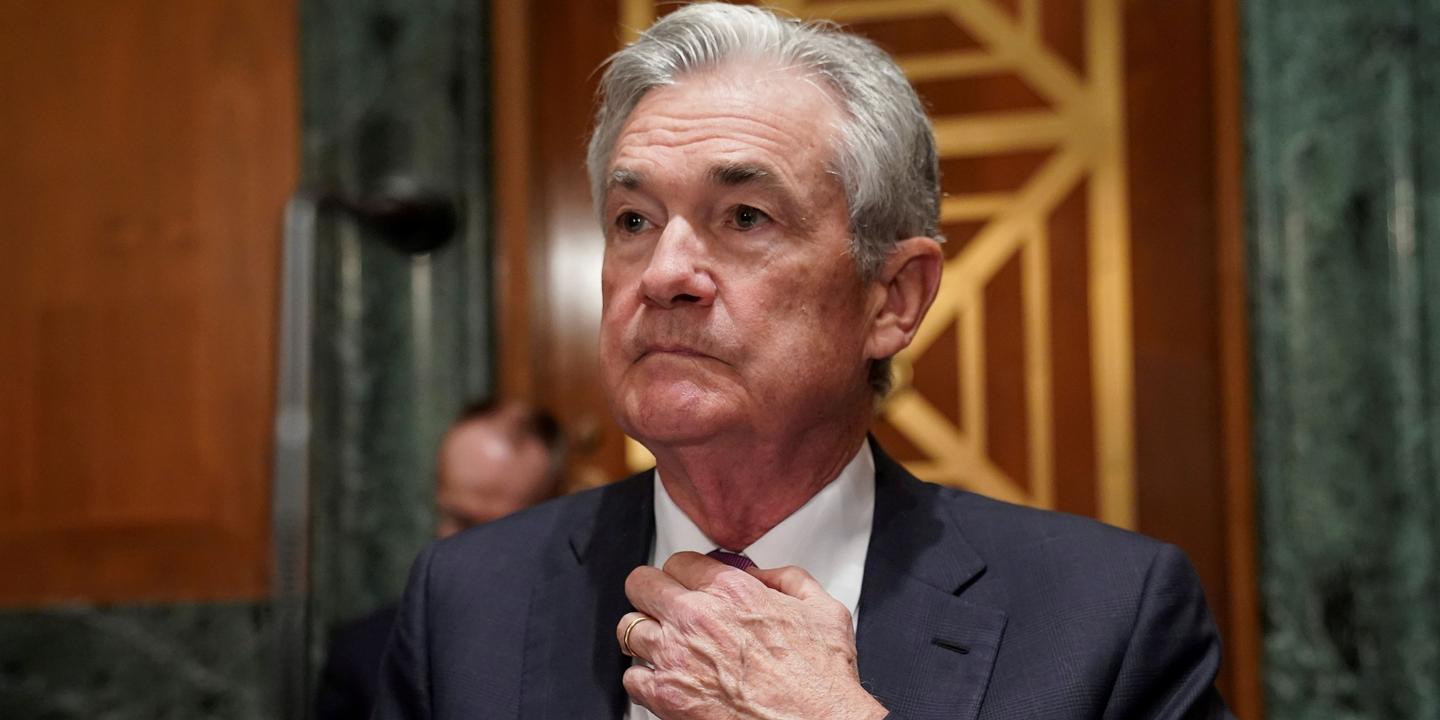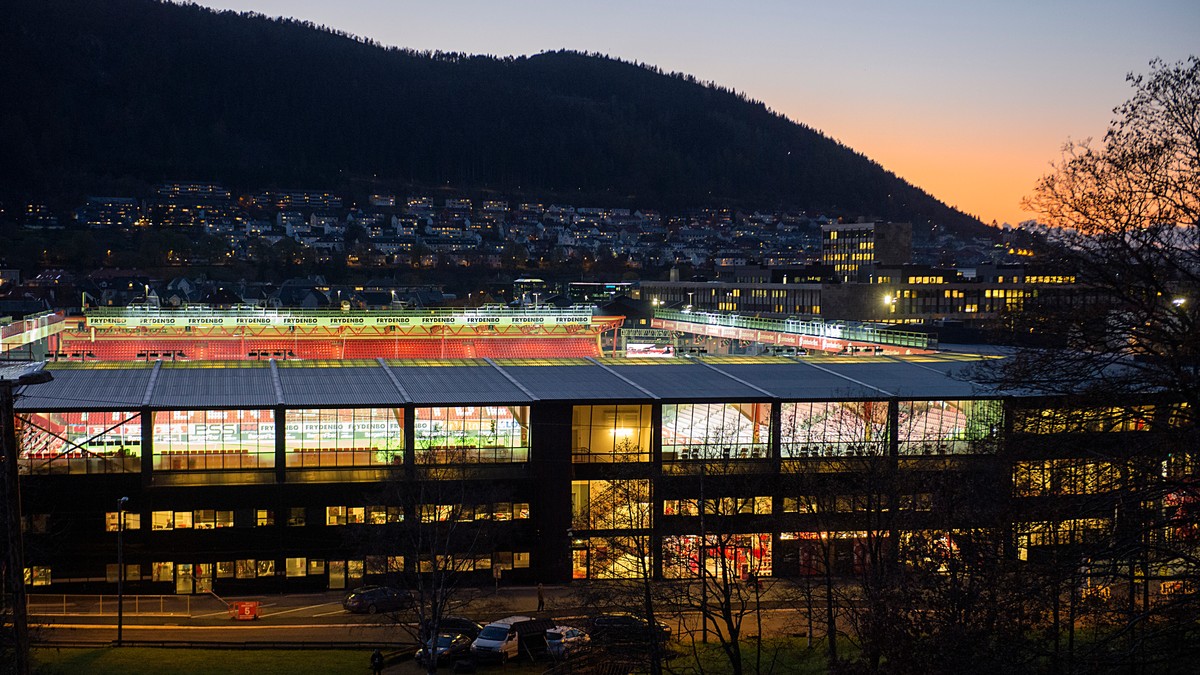“Dear Main-Post, please help us. We are desperate and simply don’t know what to do next. We feel let down”, this editorial team regularly receives such e-mails and calls. They were written by people who live near the banks of the Main in Sanderau. They complain of parties, loud music, shouting and house walls filled with urine.
In an interview, municipal officer Wolfgang Kleiner, Uwe Zimmermann, head of the General Citizen Services Department, and the Chief Police Director Matthias Weber explain why there has been no solution so far and how the city and the police now want to proceed.
Question: Have you already been there personally and have a picture of the situation?
Smaller: Yes. Together with colleagues, I was there late at night to get an impression of the location. I have great understanding for the local residents. There is no question that the Sanderauer Mainwiesen are one of the most attractive green meadows in Würzburg. We have already faced the conflict between residential use and noise disturbance in many places, and I’ve been dealing with that for 18 years since I took office here. The topic itself is not new, but new concerns are now emerging. Among other things, these are corona-related effects, as the clubs and discos are still open. Around 15,000 dance capacities in Würzburg are currently simply closed. However, people do not want to stop partying and so things are shifting and people are looking for other locations such as the Sanderauer Mainufer.
Several letters were sent to the public order office, to Mr Kleiner, to the city’s complaints office. There was supposedly no answer. Why not?
Smaller: In individual cases I cannot rule out that a few emails will not be answered. But that is certainly not the case in generals. We always make the effort to answer almost all cover letters, that is our aim.
Zimmermann: There are letters in which a citizen writes that it was too loud last night … then this e-mail is over. Of course, he doesn’t get an answer. If the letter asks what we intend to do, then of course we will answer. In fact, the complaints are so diverse and high that it is possible that uncritical e-mails are not answered. But to say afterwards that important e-mails are being ignored hurts us, as we handle the complaint response very carefully and very conscientiously.
Mr. Weber, do the police also receive such complaint emails?
Weber: E-mails less, mostly calls come in. The problem here is that we sometimes have over 100 missions on Saturday evenings, which of course have to be prioritized. It can happen that calls after 10 p.m. do not have top priority due to disturbances of the peace.
Many residents feel abandoned by the city and the police …
Weber: We are still in an exceptional situation, namely in a pandemic. I never would have thought that I would be eagerly waiting for discos to open again. Due to the one and a half year pandemic, the tolerance limit is lower. The people who live in the city were happy that it was quieter during this time. And now it starts again.
It’s okay for young people to go to the Main, but when it comes to alcohol consumption, certain groups go overboard at some point and then it gets extremely loud. That’s when we, the police, intervene, but there are a lot of cases to deal with – from accidents to family disputes to bodily harm. Of course, we have to prioritize these cases. But we start working at midnight at the latest. Since May there have been 226 missions in the Kranenkai and Heiner-Dikreiter-Weg areas alone. It should be emphasized here that we are still in an area of administrative offenses, so rushing through there with the baton would escalate and would not be the right legal solution, nobody wants that. However, we have already cleared certain areas several times and secured 23 jukeboxes on one weekend alone. You now have to try to achieve a sustainable effect through coordinated concepts.
Smaller: Because of the corona pandemic, the mayor heads the administrative staff every week, where the events of the past week are analyzed. Of course, this also includes the topics that happen in public spaces, such as in the Sanderau. This has to do primarily from a corona point of view, but also from the point of view of the side effects – such as noise pollution. So we walked through the city in cooperation with the AHA teams to do educational work, there were various poster campaigns, we temporarily closed the Kranenkai. We have campaigned several times with the government to have locations like the airport open as a model project to offer people dance floors. So we do something, we are active.
Zimmermann: All of the education, all of the campaigns, all of the AHA teams are prophylactic activities. The main burden of the actual tactical prevention at night is borne by the police. But the municipal security service is also an indicator of how we proceed. In the last year and a half (as of August 19), we have processed 3902 administrative offenses caused by pandemics. That is at least 2572 administrative offense notices, which are deposited with an income of 311,767 euros. Some of these were young people who were severely restricted in the year and a half. Now you have to ask yourself criminologically how that will be received when you restrict it again. And the general question here is what strategy to use.
According to several residents, the statement of a police officer was: “We drive the cars on site, but don’t get out, we just light up. The drunks come in packs and jerk our car.” Do you feel overwhelmed by the situation, Mr. Weber?
Weber: Sometimes there are situations there in which 300 highly aggressive people with a corresponding alcohol level are on site. It would actually be irresponsible to intervene with two or three patrol crews, as this would either escalate or injure colleagues. If we have sufficient resources available, we can also cope with these situations. However, the police cannot continuously provide additional units, so in exceptional cases it can happen that a disturbance of the peace on the Main cannot be ended immediately.
“Sometimes you find situations there in which 300 highly aggressive people with a corresponding alcohol level are on site.”
Matthias Weber, Chief Police Director–
The citizens demand specific solutions. What speaks against a nocturnal alcohol ban and against a “shift” of the party center in the direction of Graf-Luckner-Weiher?
Smaller: To be clear, I, too, am anything but satisfied with the current situation. We must now consider how to proceed. We met for an informal discussion with representatives of the political groups in the city council, the police and the hotel and restaurant association. First of all, it is about the question of where I as a city would like to go with my green space, here I have to take several presentations from the town hall on board. In this round of talks we met with a great deal of understanding from all sides.
A ban on alcohol cannot and must not be the way to go. Here you have to start with prevention, namely with the question of how society deals with the issue of alcohol in the first place. These are subject areas that are part of the social department, for example. In addition: How do I imagine the use of green spaces in the future? What does that mean for the design? We are already in the middle of planning a concept, then we have to submit it to the politicians, i.e. the city council, for a decision. This is an overall concept and it may well include a temporary alcohol ban.
Zimmermann: Of course, you can also imagine offering more attractive space elsewhere through incentives and new design options – precisely where they are less problematic, since nobody lives there. That will also play a role in the concept. But even here there are critical voices, as there are complaints at Graf-Luckner-Weiher from the small gardening association or the Heidingsfeld settlement opposite.
When should this concept be presented?
Smaller: It would be dishonest to say we have a solution within three to four weeks. I can’t offer you that. But we’re working flat out and trying to develop an overall concept. Ultimately, the city council then has to adopt the concept. Our aim is that we have decided on the concept next year when the outdoor season starts again. I firmly believe that this is the only way. It’s still about togetherness and about finding compromises.
–


